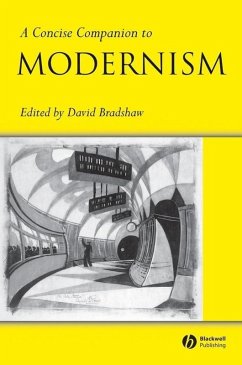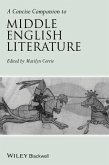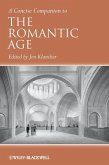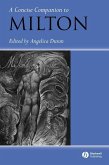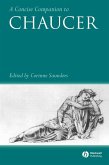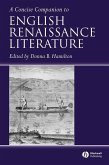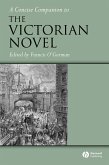Dieser Download kann aus rechtlichen Gründen nur mit Rechnungsadresse in A, B, BG, CY, CZ, D, DK, EW, E, FIN, F, GR, HR, H, IRL, I, LT, L, LR, M, NL, PL, P, R, S, SLO, SK ausgeliefert werden.
"[...] I would recommend this volume to any library with areadership who comes either out of interest, or as students of theperiod needing to understand the context in which ideas emerged,looking for a way into the text. [...]A select bibliography at theend of the book provides even more options for advanced research,completing a most useful guidebook to some interesting themes."Reference Review
"[McDonald] supplies everything any reader would need tounderstand the whole social and critical history of modernistpublishing." James Joyce Quarterly

